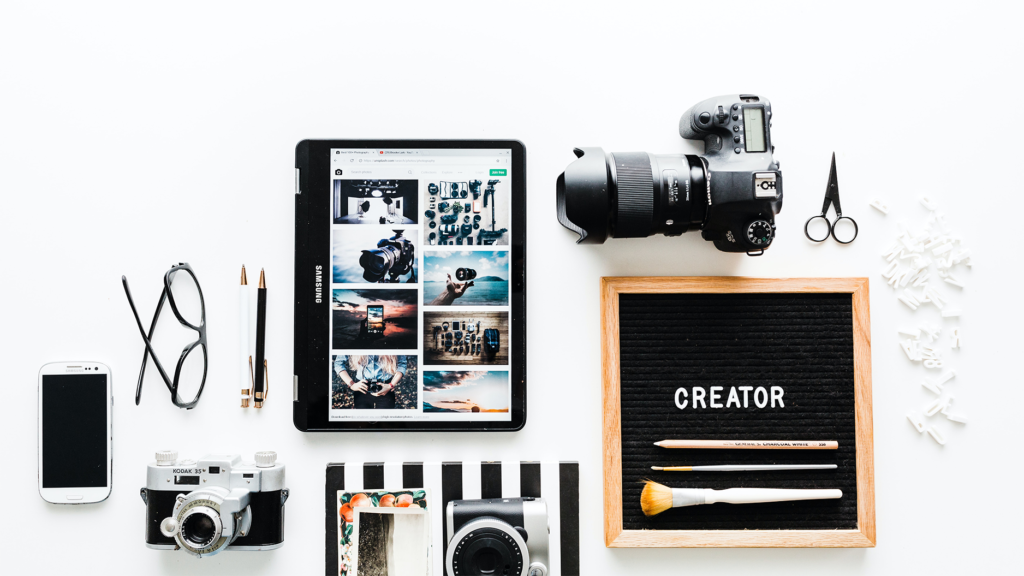
2a) Designers are not magicians to make something out of nowhere or are always originals with every single idea. Design, creativity, and ideas are hard to find and come up with, therefore we use others’ works to either draw inspiration or incorporate them into our own work, creating something totally new. All of this is okay, and a is a common practice in the industry. But failing to credit the work by someone else is harmful in many ways: it can hurt not only our reputation as designers but our entire careers.
It is important to recognize that we all do not possess every single skill required for a given project. In the past, as a professional who already works in the field as well as a student, I have found myself outsourcing many times, even during the ideating phase of a project. However, before everything goes into production and definitely before putting the work out into the world, I make sure to check the licensing and/or crediting requirements of any assets that I outsourced.
2b) The negative of failing to credit work that is not our own becomes evident in the case of Fairey vs. The Associated Press. It cost him and his family hard times. Tampering with evidence showed that he knew it was an unethical practice, but he did it anyway, exemplifying disrespect of values not just on a professional level, but on a personal level as well. So even though the dispute was finally settled. His reputation, credibility, and career are forever stained.
Adhering to ethics not only gives us peace of mind but also helps us uphold our personal values of respecting others’ creativity, originality, and efforts. As designers, ethical behavior helps us build trust and reliability, which in turn attracts serious clients. Moreover, it helps us earn the respect of others in the industry.
References
- AIGA Design and Business Ethics Handbook, “Guide to Copyright”
- Shepard Fairey Is Fined and Sentenced to Probation in ‘Hope’ Poster Case, by Randy Kennedy, NYT
- Shepard Fairey and the A.P. Settle Legal Dispute, by Randy Kennedy, NYT


